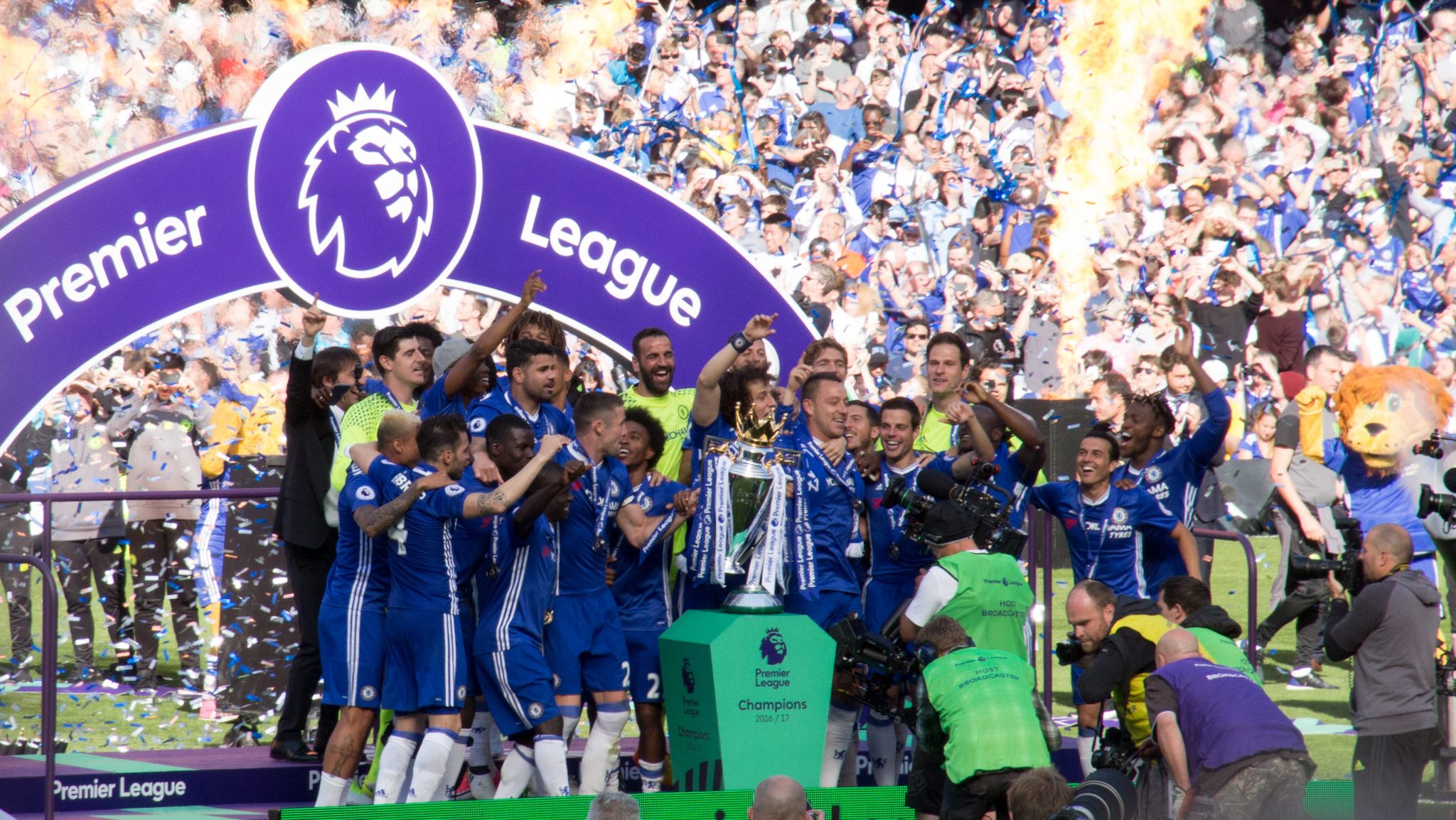The nature of the Premier League has undergone a significant change in recent years. Whilst previously it had a unique strength, in comparison to top European leagues, in its reputation as a competition in which ‘anybody can beat anybody’, this is markedly less true today.
After Manchester City’s record breaking points total last year and their subsequent influx of top talent in the summer, including club record signing Riyad Mahrez, they now look as unstoppable as last year’s formidable side. Liverpool and Chelsea join them as unbeaten so far this season, the first time since the 1978-9 campaign that the top three have remained unbeaten for eleven games straight. Additionally, Arsenal look stronger under new manager Unai Emery and are capable of contesting the top four along with Spurs and Manchester United.
Meanwhile, in the 23 away matches the other Premier League teams have played away against this ‘Big 6’ they have lost 22 and drawn one. Not one of the teams currently sitting in the bottom half of the table have been able to overcome a team in the top 5, either home or away.It is on this basis that I believe there is the potential to offer up a lukewarm defense of the formation of a so-called ‘European Super League’. This is in light of recent news released by German publication Der Spiegel that some of the biggest clubs across the continent have held secret talks to this end.
The 38 point target usually set for those teams who expect their season to consist of an arduous battle to survive is getting smaller. Current estimations expectant that a mere 30 points will be enough to avoid relegation. With such a gap growing between the haves and have-nots in the Premier League and with an even wider disparity in wealth and quality between the clubs from the top German, French, Italian and Spanish divisions, is it unfair for us to expect nothing to change in the future?
It seems to me that too many league fixtures have become formalities. Sides turn up to the Etihad or Anfield with little to offer other than perhaps a valiant effort to mute the multitude of attacking threats they are faced with for a short time before they are inevitably swept aside. The competitive essence of these fixtures which was once so tangible has faded. In the past we may have been able to expect these periods of dominance to be temporary but the financial backing of the largest clubs is so absurdly out of proportion with those currently languishing at the bottom that this is unlikely to become any more competitive in the foreseeable future. Only when we see Cardiff splash 50 million on a right back will we see a return to the cutthroat notoriety of our top division.
Real Madrid, according to the Der Spiegel report, have suggested that the Super League could be up and running as soon as 2021, with a number of authorities expressing their extreme disdain after the talks were leaked. Many have pointed to the Champions League as the franchise which more than quenches our thirst for the highest level of club football. I would argue however that largely up until the knockout rounds, at which point it is only the majority of teams invited to participate in the proposed European Super League left in the competition anyway, the same problems as seen in domestic leagues arise. Group stage games are rarely exciting, even those between two top quality sides often lack tension. This is usually because both teams know they are still likely to qualify for the next round if they are to come out second best, so long as they beat the weaker sides in the group. When it comes to the latter stages, however, as last year’s competition so emphatically proved, there is no better spectacle in football. That Manolas Header, that Salah chip in the second leg against City, that Ronaldo bicycle kick; this sort of drama may be what we come to expect week in week out if the rumours are true.
Ultimately, any such move towards a Super League would almost certainly be disastrous for the game at home. The UK government has confirmed its position against it, arguing that such a competition would greatly harm the culture of English football. Normal fans’ plights would be greatly increased as inevitably new TV deals would lead to a decreased interest in local football. I am also under no illusions that these plans only exist to make the rich richer and would greatly reduce revenue for clubs lower down the league ladder, further exacerbating the inequity which led to the tournament’s proposition in the first place. While I cannot advocate for its existence, I can highlight that these potential origins of a Super League are founded in a problem that is not going away and perhaps, although it would destroy all of the tradition and integrity that people love about the sport, at least the football would be pretty exciting.



